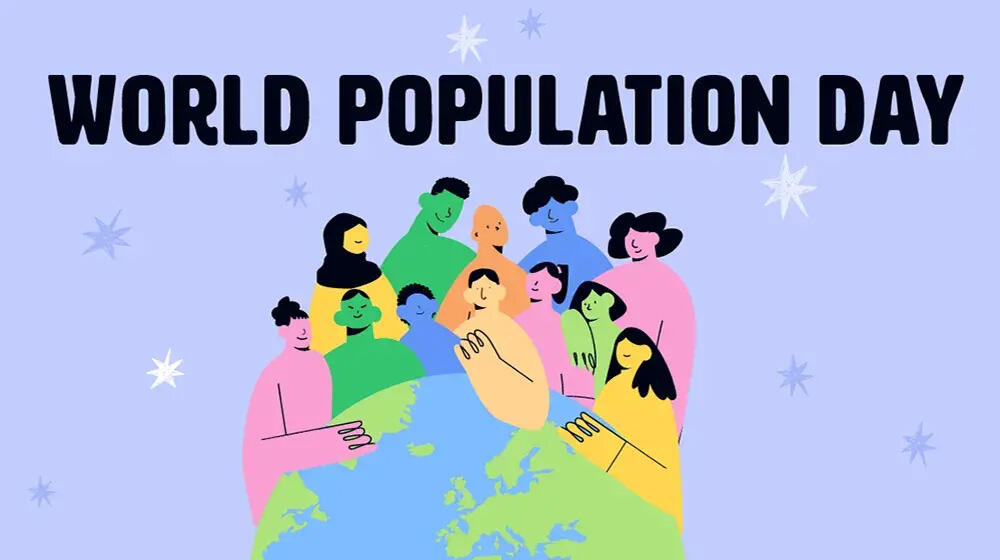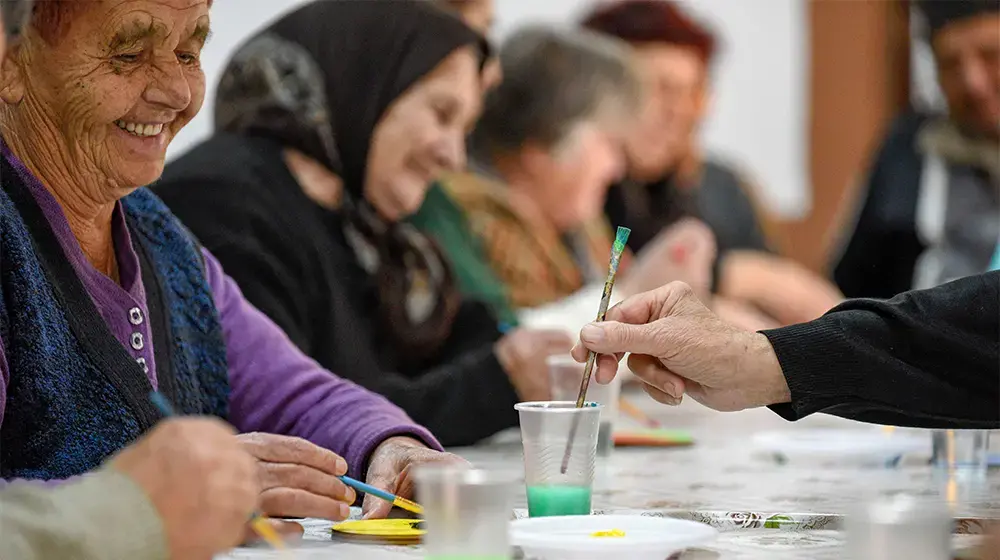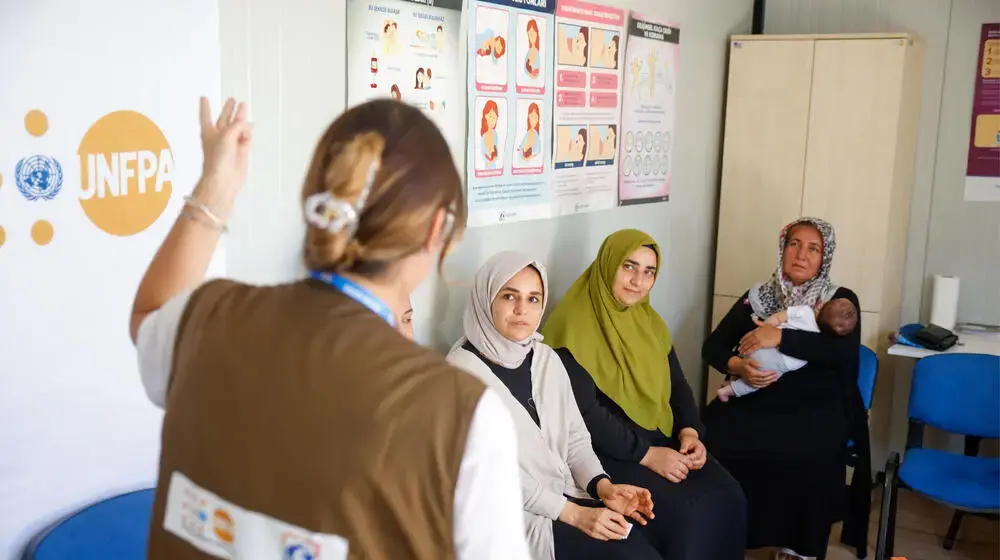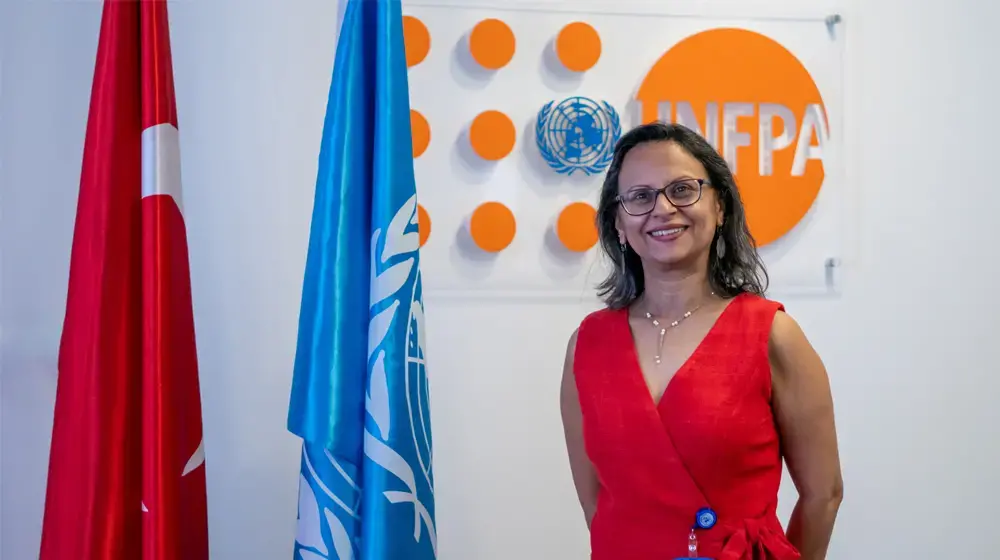"A world of 8 billion: Towards a resilient future for all - Harnessing opportunities and ensuring rights and choices for all"
The global population will reach 8 billion in November. This milestone is a moment for celebration. We have reduced poverty and achieved incredible advancements in health care. Infant and maternal mortality have declined. People are living longer and healthier lives.
It is also a moment of reflection, a time for all countries to take stock and drive action, no matter the direction of their population growth. Because we know from experience that this announcement will be met with alarmism: fears that the world is on the verge of either disastrous overpopulation or a catastrophic population collapse. These fears are themselves a cause for concern: History has shown us what can happen when we treat the concept of “population” as more important than people themselves.
As we prepare to observe the milestone of 8 billion people, we must remind the world that the value of humanity is not divided as we add to its membership, nor does it diminish with attrition. Every individual contributes their ingenuity, kindness, leadership, labour, creativity and heart to the human family. Every individual deserves to benefit from a more just, prosperous and sustainable world. And when UNFPA communicates boldly and visibly, with our voices and data and stories from the ground, we can influence policy and resource allocation, inspire change and bring hope to women and girls.
But that does not mean we stop counting. To achieve that world – and our 2030 Agenda – countries must anticipate and understand the way its population is changing. It must develop unique responses based on data that can help mitigate potentially negative effects and fully harness the opportunities that also come with demographic change. We call this demographic resilience.
Populations are constantly in flux. The composition and structure of populations change as people have more or fewer children, for example. Populations age, with women most often outliving men. Population movement within and between countries caused by conflict, pandemics or climate crises, or the pursuit of better opportunities, also play an important role. All these changes can have a significant impact on all spheres of society. Demographic change is one of the five megatrends identified by the UN Secretary-General that are shaping progress in the implementation of Agenda 2030 and towards the Sustainable Development Goals.
A hallmark of demographic change today is how much it varies from country to country. Never before in human history have we seen such extreme diversity in the mean age of countries and the fertility rates of populations. While a growing number of countries face population aging and roughly half the world’s population now live in a country with below-replacement fertility, other countries have youthful populations and growing populations. It is also true that the world has never seen such alarming disparities. Inequalities, including of opportunity, are often determined by gender, age, origin, ethnicity, disability, sexual orientation, class, and religion, among other factors.
Demographically resilient societies understand that demographic trends are influenced by a complex and interconnected set of social, cultural, economic, environmental and political factors and therefore require comprehensive, holistic policy responses that are based on evidence and allow all people to exercise their full range of rights, including reproductive rights.
Demographic resilience is proactive: It stresses the importance of anticipating, and planning for, demographic change and investing in education, health, gender equality and access to decent work, for example, across generations. Demographic resilience is transformative: It emphasizes the need to reconsider traditional norms, especially related to the roles of women and men in families and societies, that hold societies back from turning demographic challenges into opportunities.
UNFPA helps countries find proactive and transformative pathways to thrive in a world of rapid demographic change. Pathways that lead to unity in diversity, to sustainability in the face of inevitable change. Pathways that harness the infinite possibilities around, within and among 8 billion to realize a just, prosperous and sustainable world for all.





